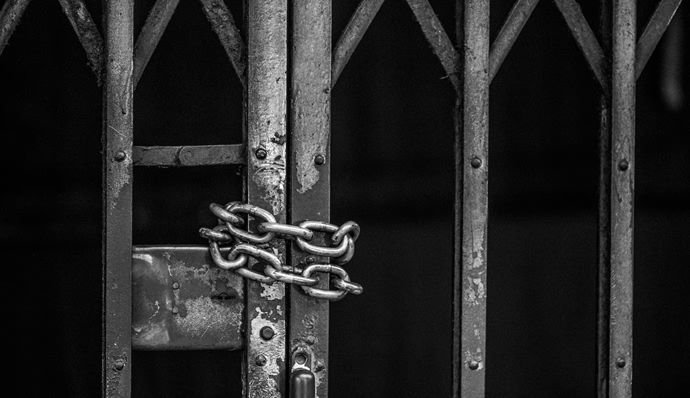Modern slavery and worker exploitation are serious issues, both globally and locally. Addressing these concerns requires collaboration with government agencies, civil society, and other stakeholders. Modern slavery is about exploitation, including forced labour, debt bondage, forced marriage, slavery, and human trafficking. Victims may be unable to leave due to threats, violence, or deception.
Despite the Kiwi values of fairness and treating people with dignity, instances of exploitation persist in New Zealand. In 2020, Joseph Matamata was sentenced to 11 years in jail for slavery and trafficking offences (read more >>).
While modern slavery is primarily a supply chain and procurement issue, the issue of worker exploitation means you need to consider it from an HR point of view as well. Using exploitative practices in your supply chain can create an unfair competitive environment. Be mindful of the ethical implications and strive to support responsible entities. If you know of a business that exploits its workers, you should report it.
Consumers increasingly prefer businesses that uphold ethical standards. While many claim to do so, verifying these assertions may not always be straightforward. As a small business owner, consider how you can contribute to combating modern slavery and worker exploitation in your operations and supply chain. By taking proactive steps and fostering a culture of fairness and respect, you can help create a better and more ethical business environment.
Click here to download an example of a a modern slavery policy.
Sources:
Stuff.co.nz, Modern slavery exists here too: Investigator claims exploitation of workers rife in New Zealand

